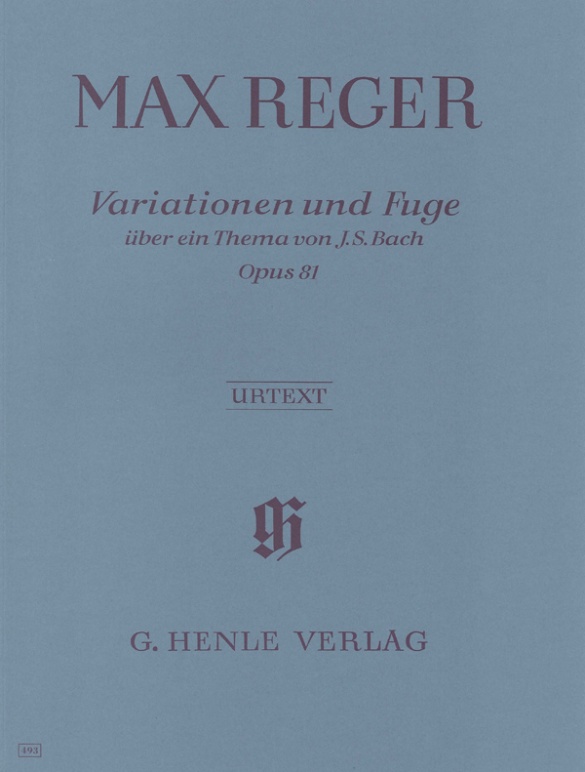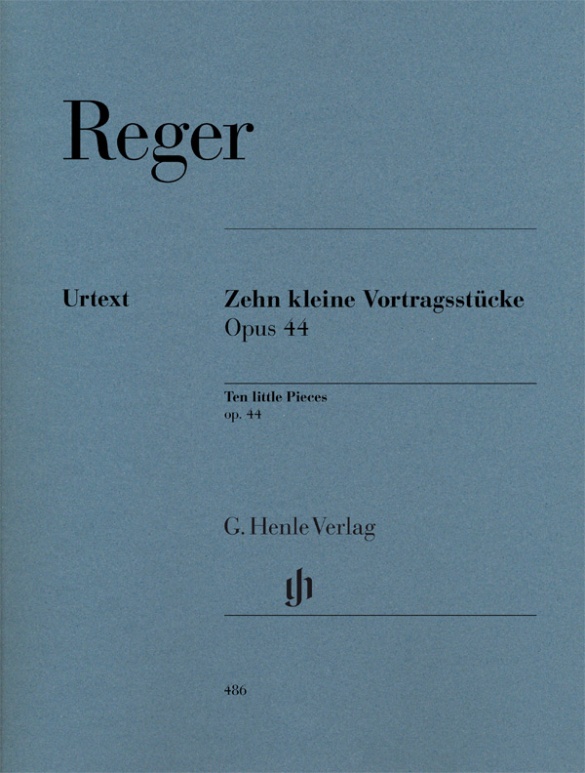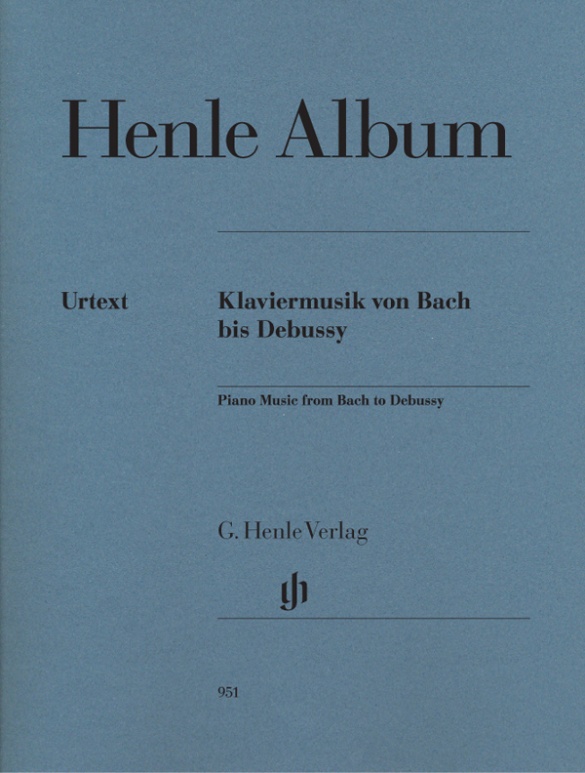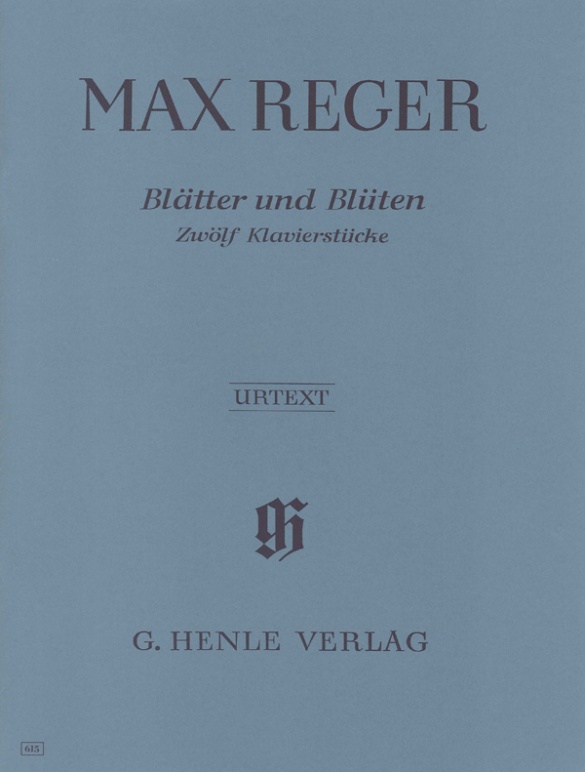Max Reger
Variations and Fugue on a Theme by J. S. Bach op. 81
The variation cycle and the fugue are genres in which Max Reger developed a special mastery. Thus one can speak of Reger’s unique Bach Variations op. 81 as the culmination of his piano oeuvre, offering everything that is typical and characteristic of Reger’s style. No other piano work by this great Bach admirer can measure up to this monumental composition in terms of sheer size and inner weight. Written in Munich in 1904, the Variations are considered challenging to play and difficult to comprehend; but aspiring pianists should not let themselves be deterred by this legend. Behind the complex notation are a clear structure and a wealth of expression. Technical complexity and aesthetics here correlate in an almost classical manner.
Content/Details
About the Composer
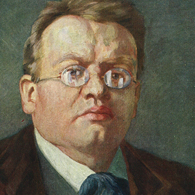
Max Reger
Late-Romantic composer who combines a chromatic tonal language with Baroque and Classical forms, thus anticipating 1920s neoclassicism.
| 1873 | Born in Brand (Upper Palatinate) on March 19, the son of a teacher. First piano lessons from his mother. |
| 1888 | After a visit to Bayreuth (for Meistersinger and Parsifal), decides on a career in music. |
| 1890–93 | Studies with Hugo Riemann at the conservatory in Wiesbaden, composes chamber works. Thereafter he endeavors to publish his own works as a freelance composer, albeit with multiple failures. |
| 1898 | Return to his parents’ home in Weiden. Composition of organ works: choral fantasies, “Fantasy and Fugue on B-A-C-H,” Op. 46 (1900); Symphonic Fantasy and Fugue (“Inferno”), Op. 57. |
| 1901–07 | Living in Munich. |
| 1903 | Publication of his “On the Theory of Modulation,” causing Riemann to feel attacked because Reger espouses a different understanding of the role of chromatics. “Variations and Fugue on an Original Theme,” Op. 73. |
| 1904 | Breakthrough with his first performance for the Allgemeine Deutsche Musikverein (General German Music Association). First volume of his “Simple Songs” for voice and piano, Op. 76; String Quartet in D minor, Op. 74, one of the most significant works in that genre at the beginning of the century. |
| From 1905 | Instructor at Munich’s Academy of Music. “Sinfonietta” in A major, Op. 90. |
| 1907–11 | Music director and professor of composition at the University of Leipzig. Orchestral work “Variations and Fugue on a Theme by Hiller,” Op. 100. |
| 1909 | “The 100th Psalm,” Op. 106, his most popular choral work. |
| 1911–14 | Director of the royal court orchestra of Saxe-Meiningen. |
| 1912 | “Concerto in the Old Style,” Op. 123. Orchestral song “An die Hoffnung” (“To Hope”), Op. 124. |
| 1913 | “Four Tone Poems after A. Böcklin” for large orchestra, Op. 128; “A Ballet Suite,” Op. 130. |
| 1914 | “Variations and Fugue on a Theme by Mozart,” Op. 132 |
| 1915 | He resides in Jena. Late compositions. |
| 1916 | Death in Leipzig on May 11. |
About the Authors

Egon Voss (Editor)
Dr. Egon Voss, born in 1938 in Magdeburg, did a secondary school teaching degree in Detmold (Staatsexamen in 1961) and studied German, philosophy and pedagogy in Kiel and Münster (Staatsexamen 1964). He subsequently studied musicology in Cologne, Kiel and Saarbrücken and completed his doctorate in 1968.
In 1969 Voss became a scholar at the Richard Wagner Complete Edition in Munich, since 1981 he has been its Head. From 1989 to 1990 he was the dramaturg at the Théȃtre la Monnaie/de Munt Brüssel, and from 1996 to 2002 a lecturer at the post-graduate programme “Textkritik” at the Ludwig-Maximilians-Universität in Munich. Voss is a member of the advisory board for the edition “Richard Wagner, Sämtliche Briefe” as well as the journals “wagnerspectrum” and “The Wagner Journal”. He has published several books and a great many essays on Wagner, Schumann, Bach and other composers and musicological topics.
Product Safety Informations (GPSR)

G. Henle Verlag
Here you can find the information about the manufacturer of the product.G. Henle Verlag e.K.
Forstenrieder Allee 122
81476 München
Germany
info@henle.de
www.henle.com
Mit dem Opus 81 schuf Max Reger sein Hauptwerk für Klavier, wenn man es nicht gar als ein Hauptwerk seines Gesamtschaffens bezeichnen muß. Es bietet alles, was für den Stil Regers typisch und charakteristisch ist.Innerhalb seines Klavierschaffens sind die Bach-Variationen einzigartig. Kein anderes Werk kann sich an äußerem Umfang und innerem Gewicht damit messen.
Jugend musiziertReger's compositional style is well defined in his "Variations and Fugue on a Theme from J.S. Bach" edited by Egon Voss. It stands out as a large-scale piano work among his mostly single-movement pieces. This technically demanding piece was dedicated to and premièred by pianist August Schmid-Linder in 1904, who referred to it as "unnerving at first glance".
ClavierThis work can be considered one of Reger’s greatest achievements for the piano ... This Edition, enclosed between the familiar blue covers of Henle Verlag is characteristically thorough in detail and clear in print.
Sheet Music, 1999recommendations
autogenerated_cross_selling
Further editions of this title
Further editions of this title


